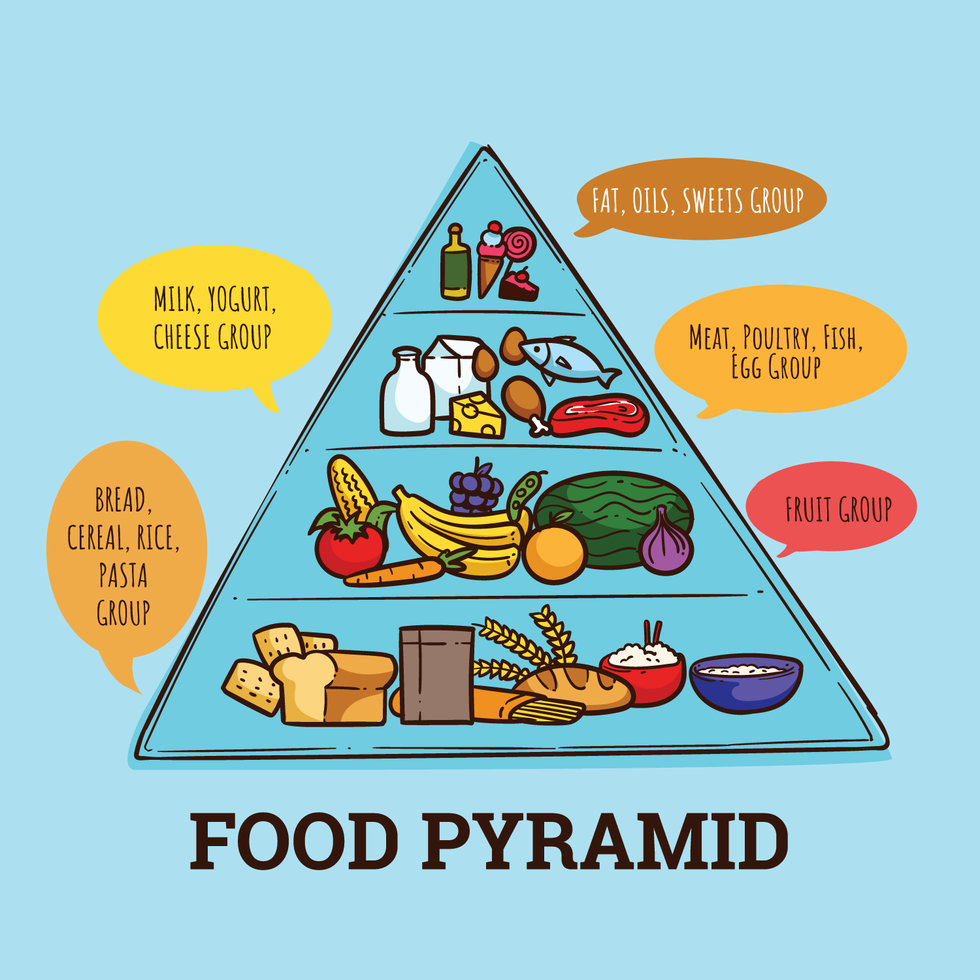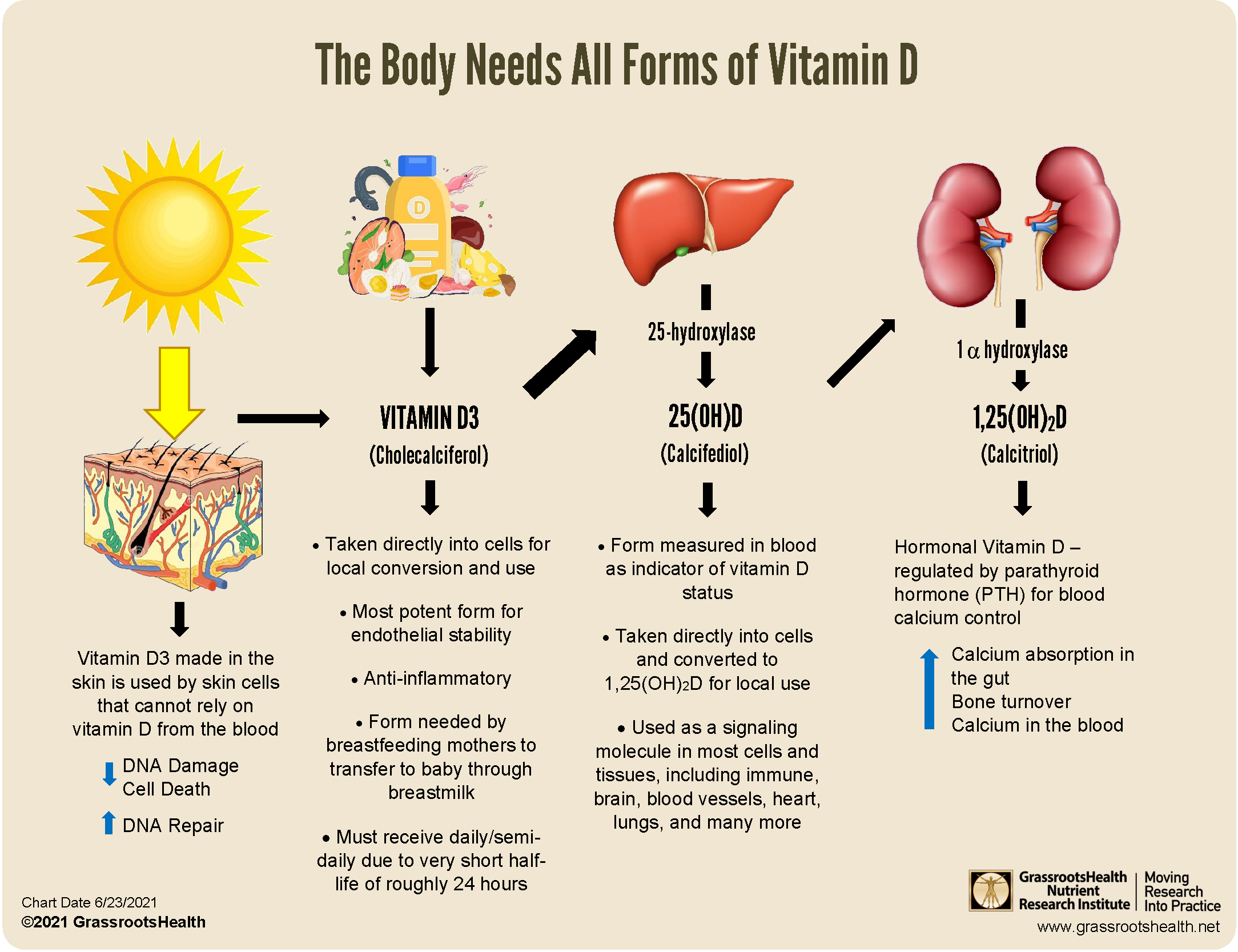The Centers for Disease Control and Prevention has announced that the flu vaccine isn't a good match for this year's strain. So, even more people than ever can expect the fever, chills, aches, nausea, and other symptoms associated with influenaza. What can you do? The CDC recommends taking an antiviral such as Tamiflu or Relenza to reduce the flu's duration.
Not so fast, says holistic physician Dr. David Brownstein. "Forget it," he tells Newsmax Health. "It doesn't work, it's expensive, and it has side effects.
"Tamiflu is the most commonly prescribed antiviral medication for treating the symptoms of the flu," he says.
"You would think that Tamiflu must work well since it's widely prescribed by conventional doctors. However, a Cochrane report stated, 'Treating previously healthy patients with Tamiflu reduces the duration of influenza symptoms by approximately 21 hours.'
"Less than a day?" he asks in amazement. "And that's only when it's given within 48 hours of contracting the flu. Honestly, I can't make this stuff up."
"Tamiflu costs approximately $120 for a full course of treatment," says Dr. Brownstein. "It's a waste of your hard-earned money.
"Not only does Tamiflu fail to treat the flu, it is also associated with a host of adverse effects including nausea, vomiting, diarrhea, headache, and abdominal pain.
"Wait a minute," he says. "I thought those were the symptoms of the flu! Tamiflu has also been associated with more severe side effects such as hepatitis, anaphylaxis, cardiac arrhythmias, seizures, and dangerous neuropsychiatric side effects such as hallucinations and suicide.
"Honestly, do you think all those side effects are worth it to reduce the severity of the flu by 21 hours?"
Dr. Brownstein also sees little benefit of taking....................
Read Latest Breaking News from Newsmax.com
http://www.NewsmaxHealth.com/Headline/flu-antivirals-symptoms-Tamiflu/2014/12/28/id/615267/#ixzz3NLdMzYkwAlert: What Is Your Risk for a Heart Attack?
Find Out Now






































